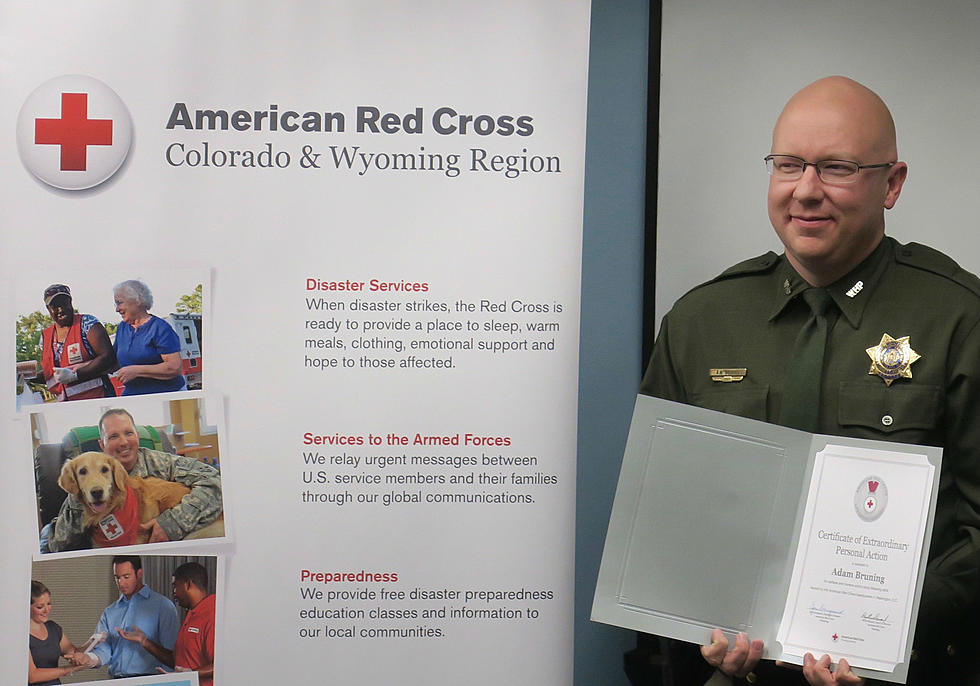
New University of Wyoming Professor Receives Prestigious Award
A distinguished young investigator award was recently bestowed upon a new member of the University of Wyoming faculty.
Catherine Wagner was recently awarded the 2015 Theodosius Dobzhansky Prize from the Society for the Study of Evolution. This commendation is annually awarded by the Society to recognize the future promise and accomplishments to date of an exceptional young evolutionary biologist who has completed no more than four years of research since receiving a Ph.D.
Wagner joined UW just this fall as an assistant professor in the Department of Botany and the UW Biodiversity Institute. She studies the process wherein one species diversifies into many ecologically varying species.
“I accepted the prize at the society’s annual meeting in June which, this year, was held close to Sao Paulo, Brazil,” says Wagner. “I am tremendously honored to receive this award, especially given the long line of remarkable evolutionary biologists who have won it before me.”
Wagner also received a $5,000 check and an all-expenses-paid trip to present a talk about her research at the Society’s yearly meeting.
“Adaptive radiations provide a rich setting for studying evolution,” says Wagner. “They are cases where species have often formed on rapid time scales and, yet, exhibit important differences in the way they interact with each other and with resources in the environment.”
Her research focuses on cichlid fishes in African Lakes, which provide some of our planet’s most diverse communities of freshwater fish. Wagner studies how diverse clades of cichlids differ from less diverse at a genomic level.
A press release from the Society for the Study of Evolution says that the committee was “impressed by Dr. Wagner’s breadth of her work, which has illuminated the ‘how’ and ‘why’ of adaptive radiation, and has given us a greater understanding of evolutionary processes that generate diversity. More specifically, in her research, Dr. Wagner has addressed long-standing questions: What is the role of microhabitat patchiness in divergence? Why are there radiations in some settings, yet not others?”
Colleagues and friends of Dobzhansky, who was an acclaimed evolutionary biologist, established the prize in his memory in 1981.
Wagner has been published in a variety of renowned journals including Nature Reviews Genetics, Evolution, Molecular Ecology, and Nature. She attended Whitman College, where she received her bachelor’s degree in biology and geology and, in 2011, she received her Ph.D. from Cornell. Before joining UW, she was a postdoctoral research associate at the Swiss Federal Institute of Aquatic Science and Technology (Eawag).
More From Y95 Country









